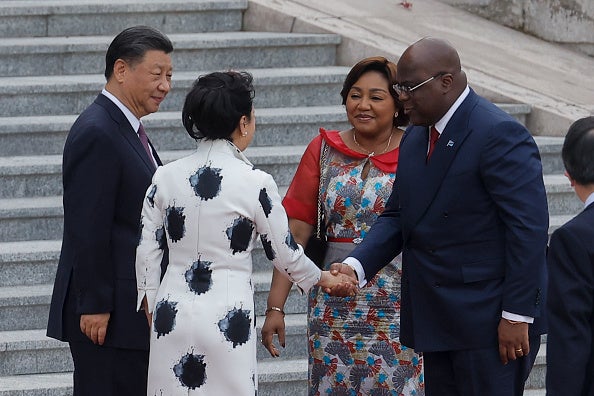China and the Democratic Republic of Congo (DRC) are considering $7bn in financing as part of a renegotiated minerals-for-infrastructure deal, DRC President Felix Tshisekedi said on Saturday at his second inaugural address in Kinshasa, the nation’s capital.
The $6.2bn contract between the countries in 2008 provided little benefit to the DRC, according to President Tshisekedi, and he has been pushing for a restructuring. The 2008 deal promised $3bn in infrastructure investments paid for by proceeds from a copper and cobalt mine called Sicomines.
Despite the mine operating for years, less than a third of the development money was ever dispersed for investment, according to the DRC Government.
Tshisekedi claimed new capital for investment would be released “thanks to the upcoming allocation of funds from the envelope obtained as part of the renegotiation of the Sicomines project and which should reach a total amount of $7bn”.
In terms of geography, the DRC is Africa’s second-biggest country and replete with huge mineral riches including critical resources like copper and cobalt. China is by far the larger trading partner, and Chinese companies have been known to subject workforces to human rights abuses in the African nation, according to Amnesty International.
President Tshisekedi was sworn in for a second five-year term after winning more than 70% of the ballots in the DRC’s 20 December election, which was marred by delays. Opposition leaders have questioned the validity of the election result and called for protests. However, most of the international community have accepted the result given Tshisekedi’s large margin of victory and generally peaceful elections.
According to Mining Technology’s parent company, GlobalData, as of January 2023, the DRC held 48.2% of the world’s known cobalt reserves and accounted for 68.4% of global copper output in 2022. Demand for cobalt is set to increase drastically in the next 15 years due to its application in the production of lithium-ion batteries for electric vehicles.









